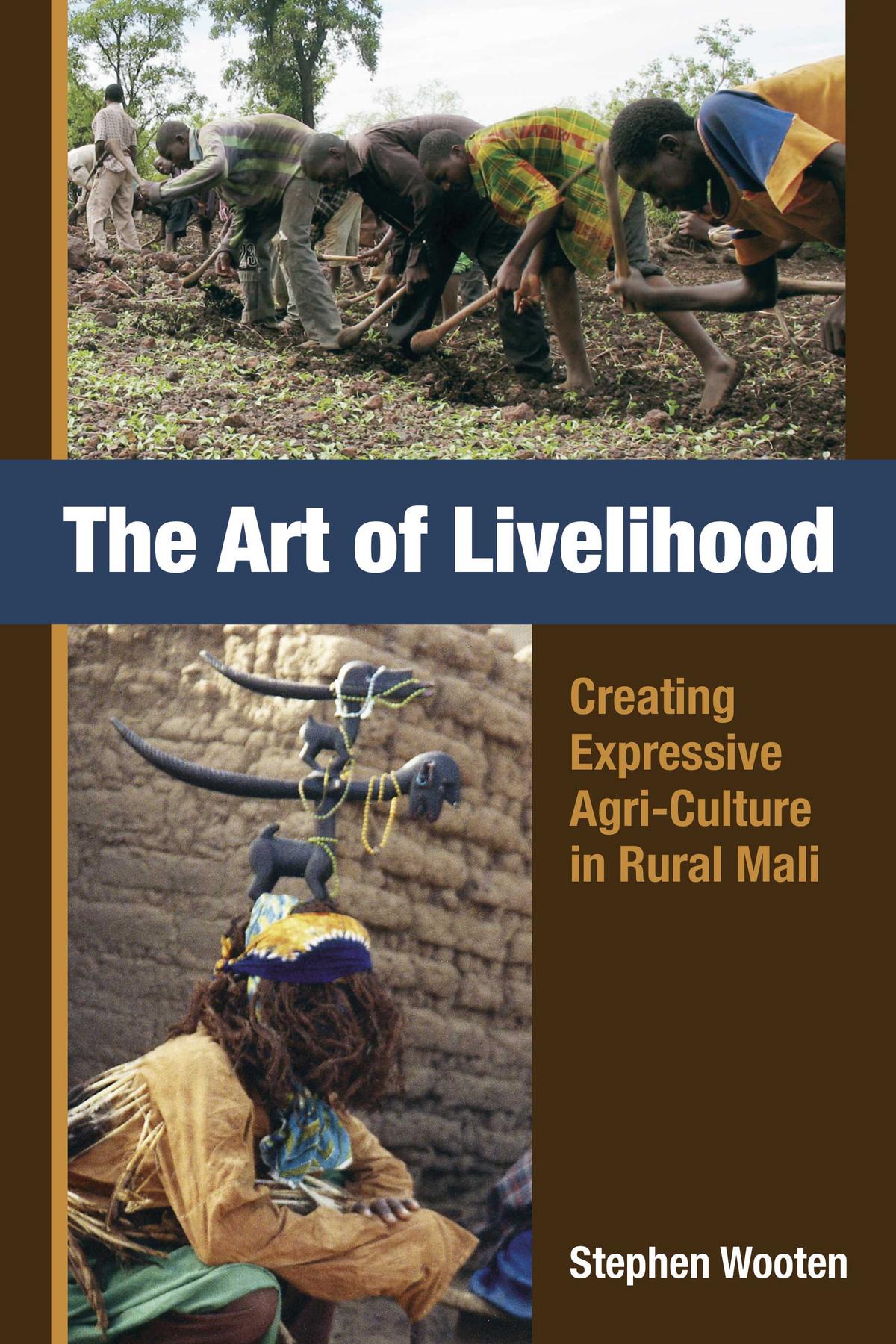"To the casual observer, farming on the Mande Plateau in central Mali looks rather traditional, involving hand tools and crops that date back centuries. The same might be said for the region's famous antelope (ciwara) headdresses and dances, which have ancient origins. Yet Stephen Wooten tells a story of the essential dynamism of agriculture and masquerade, understood as linked processes of performance. Food production and masked dancing play out a common local aesthetic centered on the paired vernacular concepts of fadenya (father-childness, individuality and improvisation) and badenya (mother-childness, community and stability). As farmers balance old subsistence and new cash crops, they do not build narrowly on the most historically familiar or economically beneficial system. They instead construct a livelihood that meets a combination of needs and desires, both material and ideological. Wooten's rich and detailed ethnography reveals the artfulness, creativity and local sense-making behind both dimensions of expressive agri-culture. His study contributes to debates in cultural anthropology, folklore, art history and African studies and within the realms of practice theory, performance studies and aesthetic analysis."
Carolina Academic Press, 206 pages


